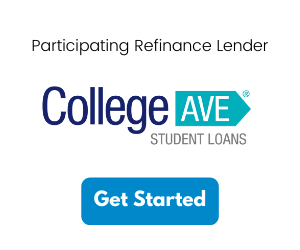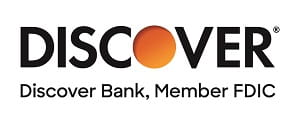There are several options for saving money on student loan payments.
- Creditworthy Cosigner. Apply for private student loans with a creditworthy cosigner. A cosigner not only increases the chances of a borrower being approved for a loan, but can lead to a lower interest rate, since lenders base eligibility and interest rates on the higher of the borrower’s and cosigner’s credit scores. (Note that a cosigner is a co-borrower, equally obligated to repay the debt. The debt, delinquencies and defaults will appear on the credit report of both the primary borrower and cosigner. While some lenders offer cosigner release as an option after 12-48 consecutive on-time payments if the primary borrower satisfies credit criteria, it can be difficult for borrowers to qualify for cosigner release on a private consolidation loan.)
- Auto-Debit Discounts. Many lenders will offer borrowers a slight interest-rate reduction – typically 0.25% or 0.50% -- for repaying their student loans through automatic monthly transfers from the borrower’s bank account. Other loan discounts, such as prompt payment discounts, may be more apparent than real, since few borrowers make all of their payments on time.
- Student Loan Interest Deduction. Borrowers can deduct up to $2,500 a year in interest on federal and private student loans on their federal income tax returns.
- Prepaying Student Loans. There are no prepayment penalties on federal and private student loans, so borrowers can make extra payments on their loans to shorten the repayment term, reducing the total interest paid over the life of the loans. Generally, accelerating repayment of the loan with the highest interest rate (including non-education loans, such as credit card debt) will save the most money.
- Consolidating Private Student Loans. Refinancing a private student loan by consolidating it may enable the borrower to get a lower interest rate, reducing the cost of the loan. Typically, each successive year a student is in school, the interest rates on that year’s private student loans are higher because the student’s credit score has decreased due to greater credit utilization. By the time the student graduates, the interest rates are at a peak. If the student manages his or her credit responsibly for a few years after graduation, the credit score may improve enough to yield a lower interest rate. So, a private student loan borrower may be able to qualify for a better interest rate on a private consolidation loan by making on-time payments on all of his or her consumer debts (not just the student loans). (Note that consolidation may prevent a borrower from targeting the highest-rate loans for quicker repayment.)
What to Read Next
How to Pay Off Student Loans Fast











